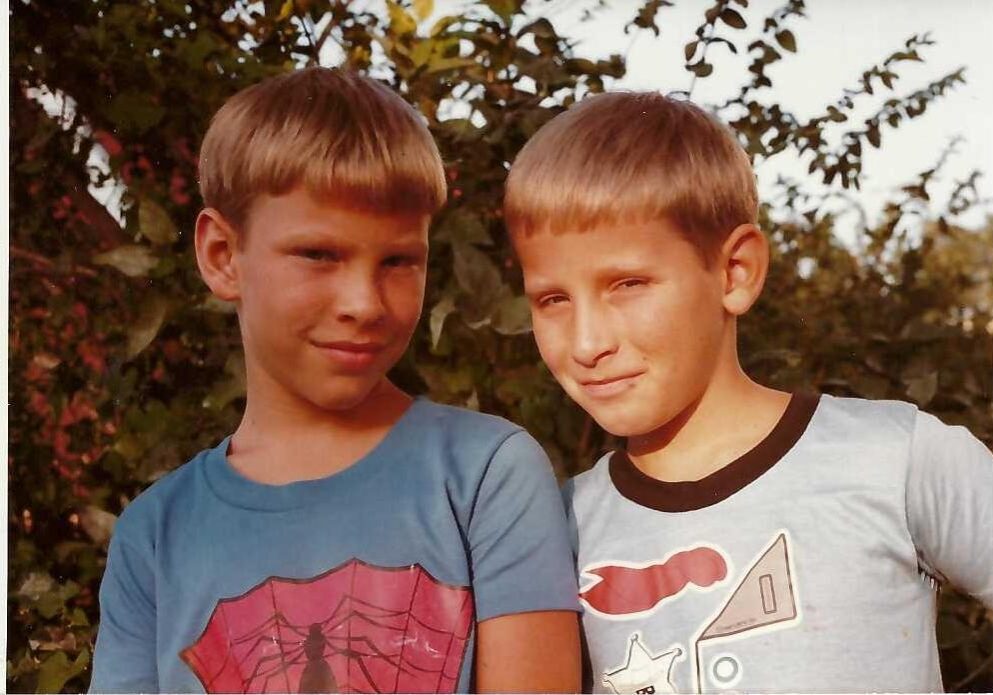Huh? Are you listening?
Written By:

I was taught how to listen by my oldest daughter when she was about 14. She was explaining the trials and tribulations of being a teenager in high school and I, being the loving and doting father I am, tried to tell her how to “fix” these “problems”. She looked me squarely in the eye and said “Dad! I don’t want you to fix anything, I just want to complain!”
That is when I learned that I had been listening wrong my whole life. I still have the instinct to solve problems when I hear about them, but now instead of just blurting out an answer, I ask if they would like my advice or opinion. Sometimes they do and sometimes they don’t, but I’ve never offended anyone by asking. I HAVE offended people by trying to tell them how to live their life by “solving” their problems.
Listening effectively is a learned skill. It is something that has been sorely neglected in our society as a taught subject. How many times have you been in a meeting and your mind wanders to projects at home? Or something is said that sparks a creative thought and you continue down that path and miss out on half the presentation? We all do it in some form or another, but some of us need to LEARN how to listen.
It truly is a learned trait…and one that you have to practice constantly or it will go dormant. I know from personal experience! I like to think that I am a great listener, but I still have times when my mind wanders off course while listening to someone (usually my wife) telling me about a problem they have.
The first step in listening is to shut-up. Seriously…just stop talking. It has been proven that when you are talking, you aren’t listening. The second step is to look at the speaker. Not in a stalker way, but LOOK at them. If you have a problem looking people in the eye, then watch their mouth or pick a spot near them to focus on. But if you aren’t looking, then they won’t know that you are listening and the whole thing can escalate to a fight.
Next, while you are listening, make sure that you rephrase to make sure you understand what is being said. If the individual you are talking to says “the trash can is full” what they are probably asking is for someone to take it out. To practice the rephrase, you should say “What I am hearing is that you would like someone to take the trash out, is that right?”
Rephrasing is an essential part of effective communication, it allows the speaker to clarify if the listener isn’t getting the whole message. It also ensures the listener that they are actually listening.
Make sure that you keep an open mind, one of the quickest ways to start a fight is to tell someone that they are wrong when they are telling you their opinion or what they believe is fact. Put yourself in their shoes and try to understand their point of view. After they are finished, then you can give your opinion or clarify some misunderstandings, depending on what is being discussed.
Needless to say, both parties need to be listening in order for a conversation to be effective. Here is an exercise for you to become a better listener, it is called Mindless versus Mindful Listening, and was created by Dr. Hugo Alberts.
First, gather some note cards. On one, write “Mindful”, and on another write “Mindless”. Then create about 6 to 10 topics that you both are interested in and can talk about easily. Some examples are, favorite pet, worst experience in school, best birthday, etc.
Now shuffle the topic cards and draw one, the listener also draws a “Mindful” or “Mindless” card. If it is “Mindless” do the following-While the other person is talking, try not to pay attention to the story. Let your mind wander. Wherever you are, try not to be in this moment with this conversation.
If it is “Mindful” do this-While the other person is talking, try to pay attention to the story fully. Make the conversation the most important object of your attention. Be present with the other person and his or her story. If you get distracted, get back to the conversation at this moment.
Now reverse the roles and do the same things. After the second conversation, reflect on the questions below and discuss how you are both feeling.
What was it like in the first round to be the storyteller?
What was it like in the first round to be the listener?
What was it like in the second round to be the storyteller?
What was it like in the second round to be the listener?
Are there times that you recognize yourself as a mindless listener? If so, when?
Are there times that you recognize yourself as a mindful listener? If so, when?
Do this exercise as often as you need to, but especially when you find that there has been communication breakdown. Remember that the reason we are in relationships is to grow with one another, without being able to hear what the other person is saying will make growth very difficult indeed!
Written By:
